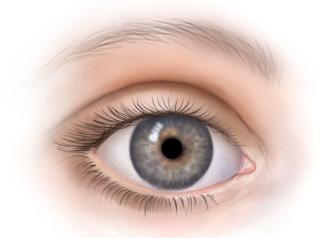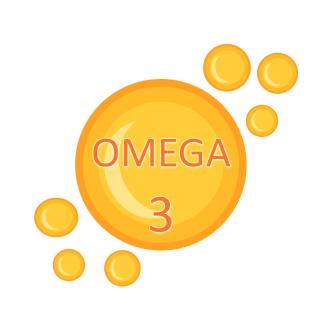
Azuki beans, also known as adzuki beans, are small red beans that have been a staple in Asian cuisine for centuries. They offer several health benefits and can contribute to increased energy and support heart health. Here's a detailed explanation of how azuki beans help with health and how to prepare them:
1. Nutrient Profile:
- Azuki beans are a good source of several essential nutrients, including protein, fiber, vitamins, and minerals. They are low in fat and provide complex carbohydrates, making them a nutritious addition to your diet.
- They are rich in folate, which is important for cell division and the prevention of birth defects.
- Azuki beans contain minerals like magnesium and potassium, which are essential for heart health and muscle function.
2. Increased Energy:
- Azuki beans are a great source of complex carbohydrates, which provide a steady release of energy over a longer period of time. This can help combat fatigue and provide sustained energy throughout the day.
3. Heart Health:
- High levels of dietary fiber in azuki beans can help lower cholesterol levels and reduce the risk of heart disease. Fiber binds to cholesterol in the digestive tract and helps eliminate it from the body.
- The magnesium and potassium content in azuki beans can help regulate blood pressure, reducing the risk of hypertension and cardiovascular disease.
- Antioxidants in azuki beans, such as flavonoids and polyphenols, can help protect the cardiovascular system by reducing oxidative stress and inflammation.
How to Prepare Azuki Beans:
Ingredients:
- 1 cup dried azuki beans
- Water for soaking and cooking
- Sweetener (optional, like sugar, honey, or maple syrup)
- Vanilla extract (optional)
- A pinch of salt
Instructions:
- Soaking: Start by rinsing the dried azuki beans and then soaking them in plenty of water for at least 8 hours or overnight. Soaking helps soften the beans and reduce cooking time.
- Cooking: Drain and rinse the soaked beans, then place them in a large pot with enough water to cover them. Bring the water to a boil, then reduce the heat and simmer for about 45 minutes to 1 hour, or until the beans are soft. Skim off any foam that forms on the surface during cooking.
- Sweetening: If you're making a sweet dish, you can add your choice of sweetener and vanilla extract to the cooked beans. The amount of sweetener can vary depending on your taste. Stir well and cook for an additional 10-15 minutes until the beans become tender and sweet.
- Serve: You can enjoy sweetened azuki beans as a dessert, or you can use them in various dishes such as red bean paste, which is a common ingredient in Asian sweets like mochi, dorayaki, and anmitsu.
In summary, azuki beans are a nutritious food that can increase energy levels due to their complex carbohydrates and support heart health through their fiber, magnesium, potassium, and antioxidant content. Preparing them is relatively straightforward, and they can be used in various culinary applications to enjoy their health benefits.






